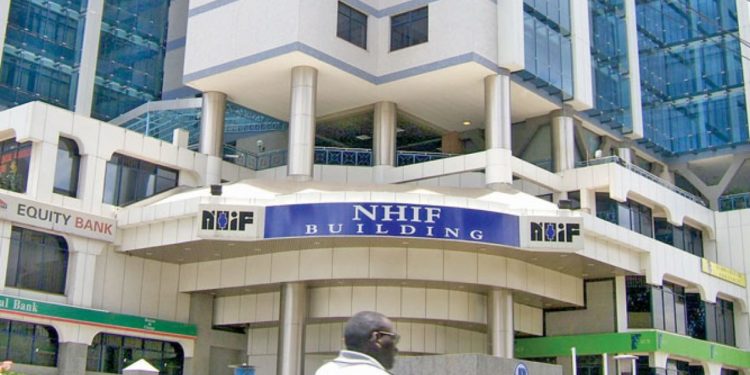In a shocking turn of events, over 350 rural hospitals have given notice to reject National Health Insurance Fund (NHIF) cards from their patients and instead demand cash payment. Their decision is informed by NHIF’s failure to disburse funds. What is more surprising is the recent threat by NHIF in May to deregister hospitals that reject patients. While the insurer and healthcare providers engage in this tussle, the patients suffer the most because they have to dip into their pockets to foot medical bills even after paying NHIF premiums.
The ramifications of the NHIF funding crisis for patients are far-reaching. Many individuals, especially those from low-income backgrounds, depend on NHIF coverage to receive medical treatment without incurring exorbitant costs. With hospitals declining their NHIF cards, these patients are left vulnerable, grappling with the financial burden of medical expenses or being forced to seek substandard care from unregulated facilities.
Read more: NHIF Hints At Rebranding
Furthermore, the NHIF funding crisis exacerbates existing inequalities in healthcare access. The most vulnerable members of society are disproportionately affected, as they lack the financial means to seek alternative options or private healthcare. This situation undermines the very essence of a universal healthcare system, where everyone should have equal access to quality medical services.
The NHIF funding crisis affects patients and places an enormous strain on healthcare providers. Hospitals and clinics rely heavily on NHIF reimbursements to cover the costs of medical supplies, staff salaries, and facility maintenance costs. The delays or complete lack of reimbursements disrupt the cash flow of healthcare institutions, making it increasingly challenging for them to provide quality care.
Moreover, the strained relationship between NHIF and healthcare providers hampers the overall healthcare ecosystem. Hospitals and clinics, faced with mounting financial pressures, may be forced to cut back on essential services or compromise the quality of care provided. This compromises patient outcomes and further burdens an already overburdened healthcare system.
Read more: NHIF Among Worst Hit Bodies By Economic Hardship
The NHIF funding crisis has cast a dark shadow over the healthcare landscape, with patients bearing the brunt of the consequences. It is crucial for the Kenyan government to address this issue urgently and work towards finding sustainable solutions. By investing in the NHIF system and ensuring timely reimbursements, the government can restore confidence in the healthcare sector and ensure that all citizens, regardless of their socioeconomic status, have equal access to quality medical care. Only then can we truly achieve a healthcare system that serves the needs of all Kenyans?
Email your news TIPS to editor@thesharpdaily.com


















